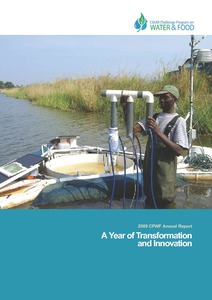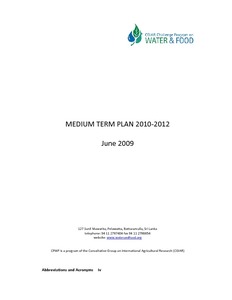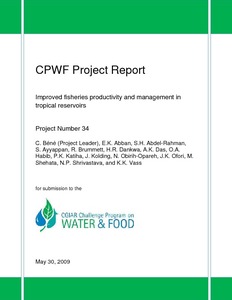Water and adaptation to climate change
Developing countries, as a group, are the ones most threatened by the hydrological impacts of global climate change. Water is a critical resource in development, and it is affected by climate change in multiple, complex ways ? through changes in temperature and rising sea levels, changes in precipitation patterns, and melting snowfields and glaciers.




